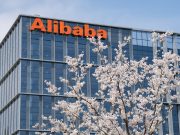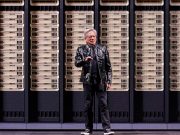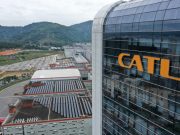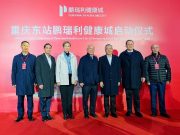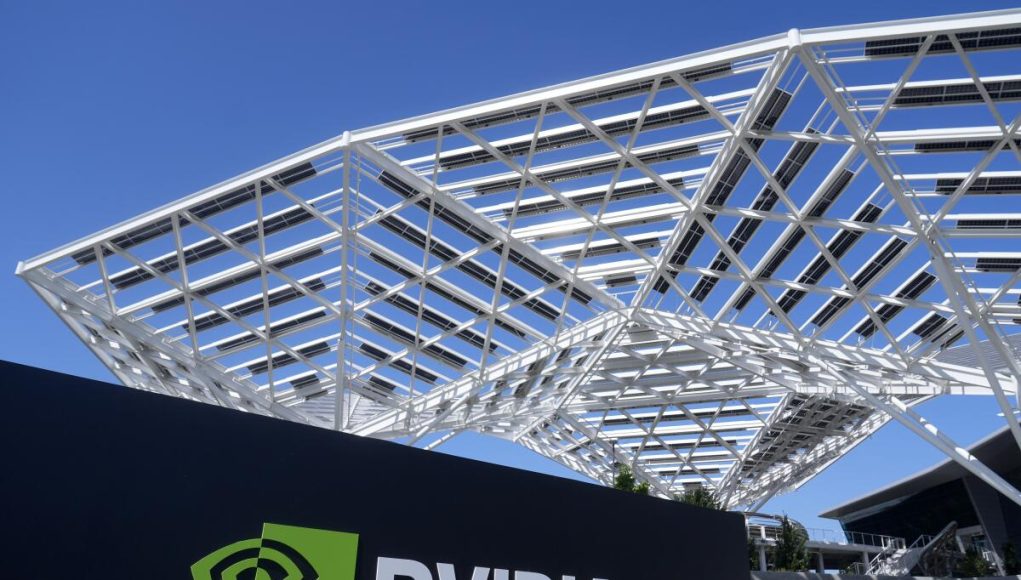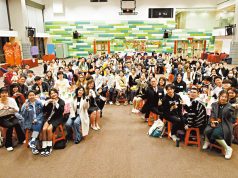(Singapore, 17.07.2025 ) According to a Chinese investment company, top US AI companies, while poaching talents from each other, now place great emphasis on recruiting Chinese experts, viewing them as precious assets in an industry getting ever more sophisticated and competitive. Indeed, Chinese AI mavens are now in great demand in Silicon Valley with their seemingly effortless skill in mastering the massive algorithm of the AI world.
Jensen Huang, CEO of Nvidia, the world’s top maker of GPUs, has many times publicly stated that Chinese AI experts are among the world’s best, the Beijing-based Mukuang investment company pointed out in a Chinese media. Huang once remarked: “China is doing an amazing job. Fifty per cent of the world’s AI researchers are Chinese. You can’t stop them. You can’t stop them from advancing AI,”
Huang himself has recruited two top-tier Chinese AI experts— Zhu Banghua (朱邦华) and Jiao Jiantao (焦剑涛) — both of whom have made significant contributions in large model architecture optimization and multimodal AI chip design. Both graduated from Qinghua University in Beijing, pursued further studies in the US and stayed on to work there.
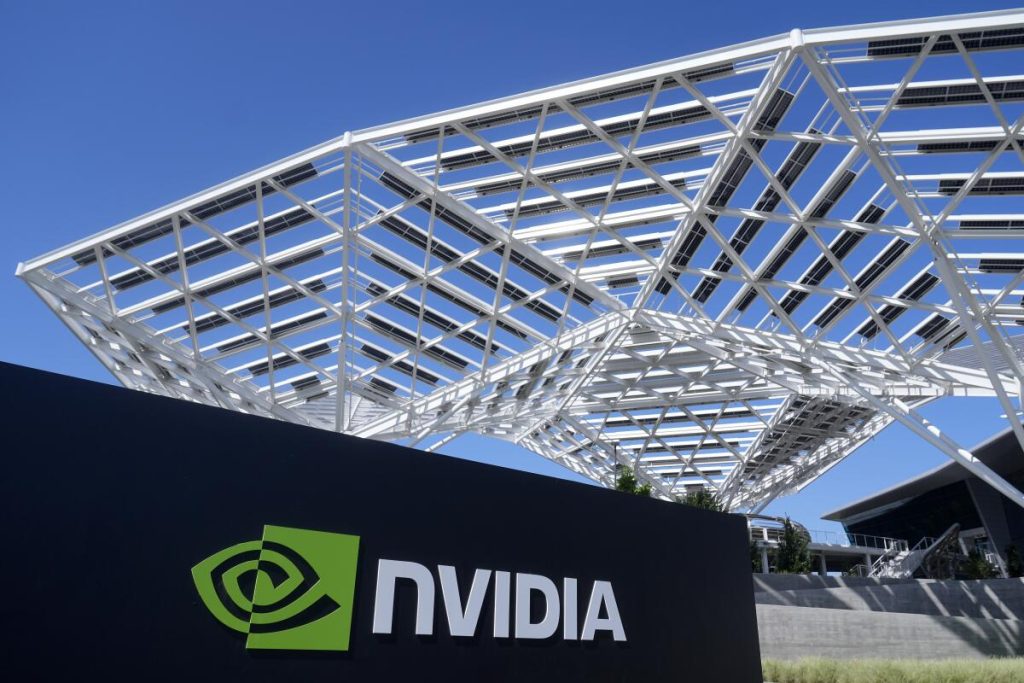
Another expert Lin Da (林达), who attained his Ph.D. at Massachusetts Institute of Technology (MIT), developed a dynamic compute scheduling system that has become the core to Nvidia’s DGX platform. The platform is an integrated suite of hardware, software, and services designed to deliver enterprise-grade AI infrastructure.
Facebook founder Mark Zuckerberg has also offered record-breaking salaries to lure Chinese talents. Last month, Meta, which owns Facebook, reportedly poached several core researchers from OpenAI, offering up to US$100 million (S$135 million) per year to each. Among them are Wang Xuezhi (王雪芝), who helped design the GPT-4 training framework, and Ted Xiao, who specializes in reinforcement learning algorithms.
Meta also poached Ruoming Pang (庞若鸣), the former head of Apple’s foundational AI model team. He had previously led the upgrade of Siri’s semantic understanding engine. Meta offered him a compensation package exceeding US$200 million, easily surpassing the salary of Apple’s CEO, Tim Cook.
OpenAI, Google, Microsoft, and others have not fallen behind either. They especially favor Chinese AI experts, in some cases paying through the nose to secure these top talents. There are also many Chinese faces in Anthropic and DeepMind.
The career paths of these top Chinese experts are strikingly similar: they typically completed their undergraduate studies at elite Chinese institutions like Qinghua, Beijing University, or Shanghai Jiao Tong University, earned their master’s and doctorate in the US, and then remain there to work.
These Chinese talents have become some of the most vital players in the AI world, remarked Mukuang, adding that they are now the key determinants of whether a company succeeds or fails in the AI race. Their contributions also decide stock market fluctuations and even play a central role in the global AI competition between nations.
Their excellence in AI is attributable to their extremely strong mathematical skill, a strength notable among Chinese students in the US. In the 2024 International Mathematical Olympiad, the Chinese team performed impressively, placing second only after the US. Notably, four of the six US team members were ethnic Chinese. In addition, in the 2024 Physics, Chemistry, and Biology Olympiads, in each of the winning US teams, at least half were ethnic Chinese.
This shows the formidable dominance of Chinese in math and science, exactly the disciplines that are critical for breaking through bottlenecks in AI development, Mukuang stressed, adding that Chinese experts have become the most valuable intangible assets in the AI industry.
In an interview in May, Huang revealed that Nvidia employs a “large number” of world-class AI researchers from China. This is why Nvidia could consistently launch new products or technologies faster than its competitors and has always been the industry leader in terms of speed.
With such talents, business performance naturally shines. For Q1 of fiscal year 2026, which covers January to April 2025, Nvidia reported revenue of US$44.062 billion, a 69% year-on-year increase. Net profit reached US$18.775 billion, up 26% year-on-year.
Included in that revenue were earnings from data centre operations, which hit US$39.1 billion or went up 73% year-on-year. And in those returns from data centres, Blackwell architecture chips accounted for nearly 70%, showing Nvidia has effectively transited from its Hopper architecture to Blackwell.
What drove Nvidia’s rapid development of the complex Blackwell architecture is the urgency that AI has fully into the era of massive computing power, thus requiring more and more complex data processing.
For example, just in the past year, token or word unit generation has surged by 50 to 100 times. Microsoft alone processed over 100 trillion tokens last quarter, five times more than a year ago. The Blackwell architecture was designed to handle this exponential increase in token usage.
This shows just how fast the AI industry is evolving. Any pause could mean being left far behind. Because the industry changes so rapidly, competition is fierce. And Chinese experts are world-renowned for their intense work ethic and technological acumen, Mukuang emphasized.
Meta clearly realizes the seriousness of the situation. Though Meta is currently thriving, being one of the top “Magnificent Seven” US tech stocks, it could fall behind at any time, just like some companies did in the past.
In fact, some companies have already been warned about this. On July 9, US Chief Investment Officer of ARK Invest Cathie Wood said Apple and Google may already be falling behind in the AI race. That is why Meta is betting big on Chinese AI experts, hoping to leverage their strengths and make a breakthrough, perhaps even create a miracle.
In short, Chinese AI experts have become the linchpin of the global AI competition, concluded Mukuang.












